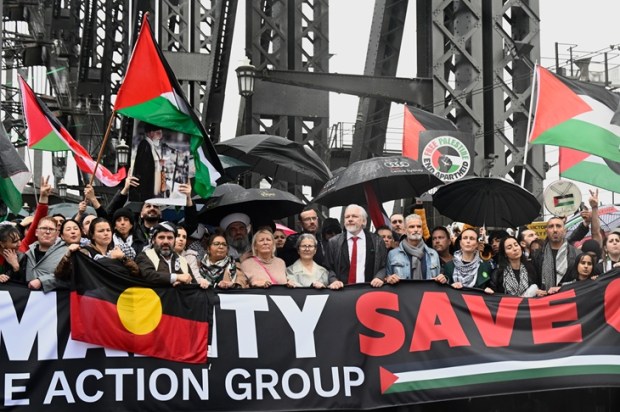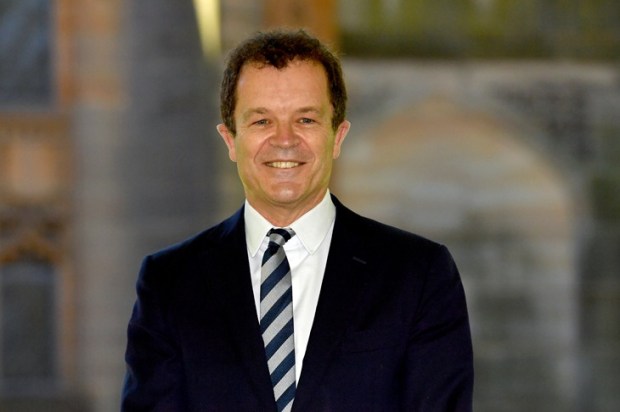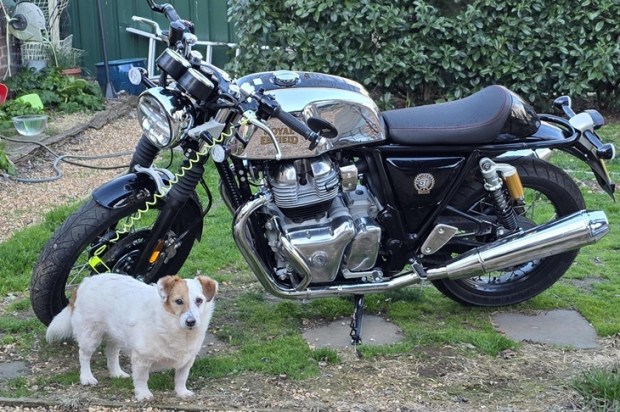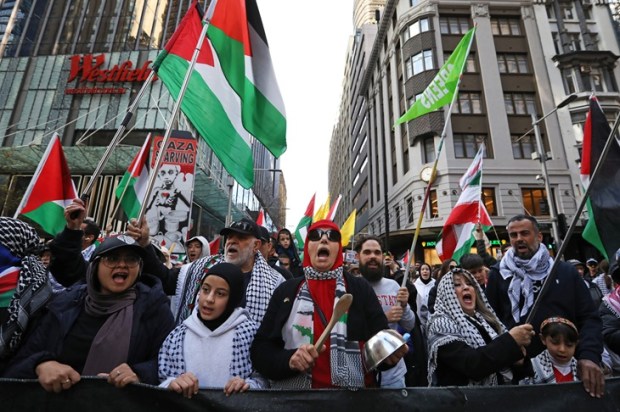This week, Senator Jacinta Nampijinpa Price demonstrated her credentials as a potential Australian Prime Minister. She is a member of the Country Liberal Party, so there is no reason she cannot lead the senior party of the federal Liberal-National Coalition, nor is there any real impediment, other than convention, to a Prime Minister also being a Senator. To be sure, it would be awkward to lead a government from across the hall, but there is no actual legal impediment. And given Senator Price’s courage, she certainly has the fortitude to make it work. And she would be a political leader because of sheer competence rather than any deference to intersectionality. Which leads me to my ‘sliding doors’ moment – what would I do if I were as brave as Senator Price?
In my work as an academic, there have been recent calls to incorporate Indigenous ways of learning in my curricula. My ‘Thowie’, my brother-in-law who is from the Torres Strait, demonstrates these ways in his daily routine and I admire him in too many ways to mention. And I thought it was a good idea at the time. But I was surprised when it became mandated and even my professional association began advocating quotas for Indigenous-authored textbooks to be used in the teaching of political science.
I was also required to attend Indigenous cultural awareness training. I found this requirement coming from my Anglo yet evangelical boss at the time to be rather absurd. It reminded me of a mate of mine who quit when he was told he had to ‘prove’ he was Aboriginal. He told me he had been called a ‘blackfella’ his entire life. Being asked to prove he was a ‘blackfella’ was the last straw. He soon moved on.
As a classical liberal, I find mandates and ‘proof of heritage’ requirements to be against the ideals of liberal democracy, the foundations of a liberal arts education, and the very idea of freedom of speech. Sure, let’s test peoples’ assertions, let’s incorporate historical ways of learning where appropriate, and let’s use good works whatever they are. Let’s even encourage it.
But please don’t tell me to do so just because it advances a particular political agenda, rather than advancing what we might learn from incorporating Indigenous stakeholders and ideas into our teaching. And the nonsense hasn’t ended there.
When the Voice referendum began, I was shocked by the sheer magnitude of national institutions and famous Australians that immediately embraced changes to our Constitution. There remains little information about what the Voice will do other than what is clear – it effectively adds a third arm of Parliament (where, presently, the people are sovereign) but where some people may soon be more sovereign than others. And then?
If I were as brave as Jacinta, I would tell my story and how the elites’ ideas about Aboriginality represent only one side of the coin that was cast over 200 years ago in Australia.
Initially, I was upset by being forced to incorporate Indigenous ways of learning into my curricula. It felt contrived, part of a greater neo-colonial project, or cultural appropriation at best. I consulted with a number of my Indigenous colleagues and decided that the angst was less important than the intention, so I participated in a number of training sessions related to Indigenous ways of learning.
But something didn’t feel right.
When I met my long-lost maternal great-grandmother in the late 1970s, she claimed she was Cherokee Indian. But why Cherokee Indian? I suppose it explained her skin colour. And delving into my great-grandmother’s past (I had to obtain my grandmother’s permission to access the records at Aboriginal Affairs in NSW), I found nothing. No birth record. And the marriage and death records were confusing.
But some years after her death, I purchased the death and marriage certificates of all of my maternal grandmothers and I was able to piece together a lineage back to the 1820s and a Kamilaroi woman named ‘Kelly’ (my 4 x great-grandmother). She married an ex-convict, and they had children. The ex-convict later had his ticket of leave withdrawn for neglecting his ‘half-caste’ children. Years later, he cut his own throat in the Parramatta Asylum where he was interred. I was able to follow the maternal lineage down to my great-grandmother, but there are some mysteries that remain.
I can be sure that my 3 x great-grandmother is Kamilaroi because she and her descendants are listed as eligible to be part of the Gomeroi (an alternative spelling for Kamilaroi) People Native Title Claim Group. I have been informed by the CEO there that I ‘more then (sic) likely will not get membership’ in response to my question about my family’s ancestry. The response seemed rather political. But the mystery deepens when I look at my great-grandmother (the ‘Cherokee’). Why Cherokee and not Aboriginal?
There are numerous anomalies. I am fairly certain that she was born in 1905, but there is no birth certificate. Her death certificate has Walhallow (Caroona) Mission as her place of birth. Her mother’s marriage certificate claims that she was born after the recorded marriage, but this would make her far too young to be married when she was. Her death certificate suggests her father was the foreman at Walhallow, but this is impossible because the dates don’t match. I suspect my great-grandmother’s father was also an Aboriginal man, hence the deception.
Whenever I talk to my Indigenous friends, they acknowledge the difficulty in finding one’s ‘mob’ – there is so much truth to the idea of ‘The Stolen Generation’, but it goes back to the earliest days of white settlement. Let’s just say that it is complicated.
Newspaper articles about my great-grandmother’s relatives indicate her family was focused on education and social etiquette – the well-spoken half-caste who could play the piano amid the various white men who refused to be responsible for their children. But these men were taken to task by my Aboriginal great-grandmothers by a (surprisingly) supportive NSW government that ensured the fathers were held accountable for their children. Which leaves me with a difficult dilemma.
What is clear is that my great-grandmother did not want to be acknowledged as Aboriginal. Her mother wanted her to be acknowledged as an Australian and for her not to be caught up in the state institutions that would effectively dictate her future. Let’s just say that, despite their deception, I am glad for the opportunities my maternal grandmothers enabled for me as a result.
My great-grandmother and her mother did not want to be treated differently. They wanted to be treated the same way that other Australians are treated. The dilemma for me is that, as the recipient of the benefits of such strategic decisions made over 100 years ago, should I disengage from the public debate on a Voice for people who want a voice when clearly ‘my’ people just wanted to be left alone?
When my Facebook friends light up their profile photo with ‘I’m voting Yes’, should I simply let them have their day in the sun?
If only I were as brave as Jacinta, I would stand up to my bosses and their use of public money to support the Voice. I would rail against the use of public funds to support pro-voice seminars amid the absence of support for advocates of the ‘No’ campaign. I would tell my well-meaning friends to shut the hell up.
And I would certainly take issue with the apparent bias in my boss’s advice to adopt an ‘informed perspective so that [my] decision is an active one rather than an unsure one’. I can assure you I am very sure. And so was my great-grandmother – she died with the knowledge.
Perhaps one day we will have such conviction from our political leaders that I might be inspired by their example. But only if I were as brave as Jacinta.


























